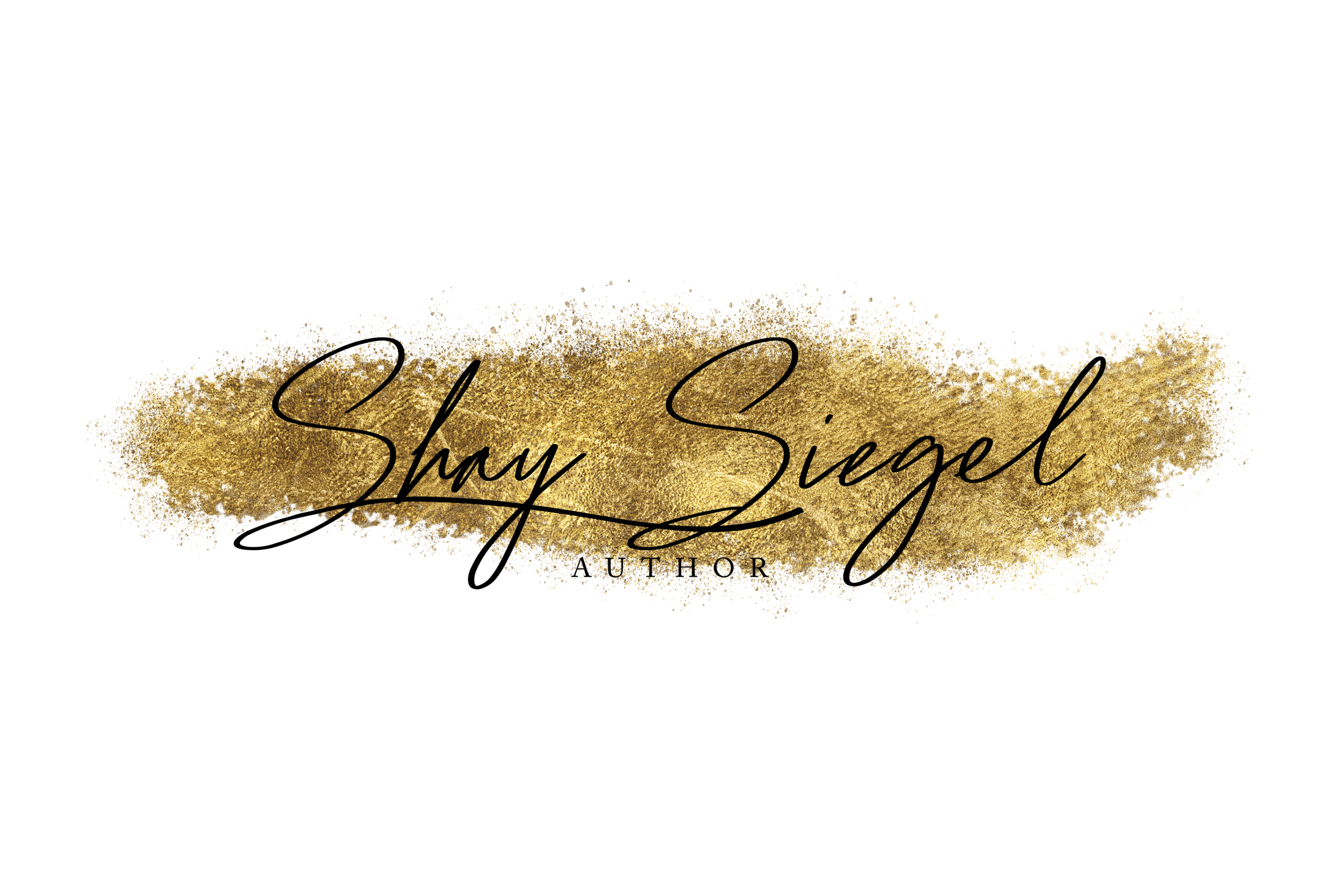What's your favorite literary device?
Q&A With Shay Each Sunday
Let’s get back to talking about writing improvement and craft this week, while I also let you in on some of my favorite methods to use in the process. Literary devices are great, and they’re basically what all writing is built upon…stories would be pretty boring and simple-minded without them. I won’t pretend that I know every single literary device—or maybe I do, but just don’t know the official name for it or exactly what I’m doing at the time I use it in my writing. Does that make sense? I find that’s fairly common, especially since many writers intuitively know how to write, though developing the craft is a must to keep on improving. I probably don’t know every single device though, there are just too many, and some are extremely in-depth!
Q: What’s your favorite literary device?
A: Foreshadowing! I LOVE using this one, I love when it’s used in other literary works and movies, etc. I just really enjoy when an aspect in the plot takes place and then you realize the seeds of it were planted so many scenes ago, and along the way. It’s also something I (and other writers) usually work in later, after a few drafts, because once I know where the story is going then I can go back and foreshadow it. But, to the reader, it feels seamless and well-executed—like an AHA moment. So, that’s another cool thing about foreshadowing. This one is particularly important in thrillers, suspense, and mystery type genres. There is definitely foreshadowing, no matter how small of a degree, in most stories, but it’s particularly common to build suspense. I used a lot of foreshadowing in my first novel, Crashing Waves, which is a YA suspense novel. I often felt I was teetering between giving too much away and not enough away when writing, so when foreshadowing is done well, it strikes that perfect balance. Just enough to leave the reader questioning what they think will happen, but providing a few possibilities for just that.
Although foreshadowing might be my favorite device to use, and read, as an author, I love a lot of them of course. I’m a big fan of symbolism—using it and also the subtleties of trying to figure it out in others’ writing. The idea of something in the story representing a much bigger meaning is what makes writing profound. I definitely use symbols, though probably not nearly as many (or as well-hidden) as a lot of the more literary type works.
I like to use metaphors and similes in everyday life, so of course I love them in writing, too. There’s a lot of metaphors in my second YA novel Fractured, especially since it’s a coming-of-age story, which is the perfect type of story for more depth and profound meaning. I’d also say that poems are typically full of metaphors, similes, symbolism, and the next device: Personification. There are plenty of these in my collection Bleeding Flowers.
Personification is another fun one, and it usually ties in imagery really nicely. One of my favorite things to personify is nature. Leaves, flowers, and water are beautiful to breathe human life into. I like to describe leaves as dancing in the breeze. In many of my poems I describe flowers with the ability to bleed. I also let them symbolize people many times—a mixture of symbolism, metaphor, personification, and imagery if you will! Nature is a very cool thing to bring life to, because it actually is so full of life and when you add the personifying details it comes alive in a clearer way that we can relate to. Imagery should be a given with writing because if you write in a way that people can’t picture then it will be very flat, but a lot of these devices lend themselves to imagery. For instance, I’m sure you can now picture the leaves dancing in the wind or the rose petals bleeding into the ground. Now, make the leaves or roses a specific type, color, a certain landscape setting as a backdrop and you’ve got yourself some solid images. Draw connections between those and other images, and then you’ve got images on top of images! Have I gotten confusing at this point? I mentioned this a few weeks ago about improving writing craft: Appeal to the senses. I think it’s one of the most important rules of writing, and if you do it, you will always have imagery.
We’re using literary devices all the time whether we’re writing or not, and most definitely, whether we know it or not. What’s your favorite literary device? And which ones do you want to know more about?

